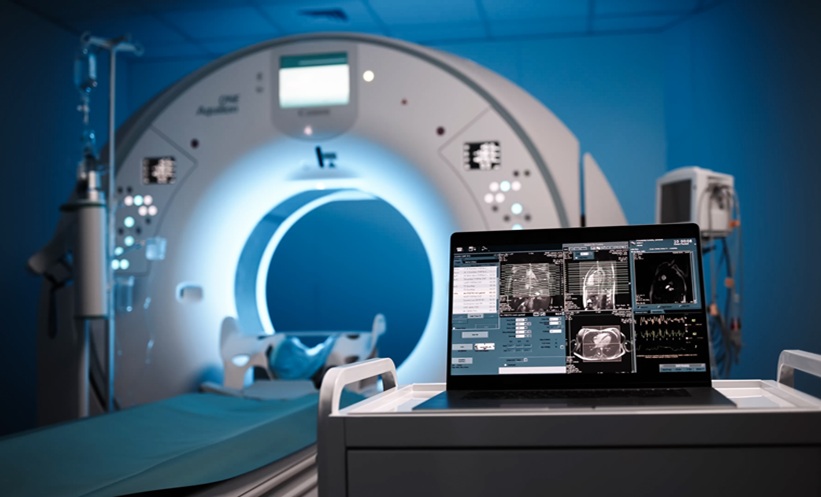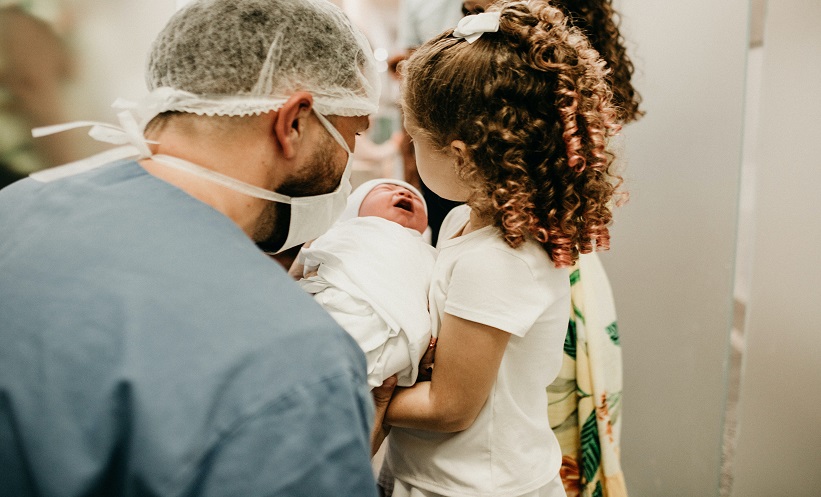A NOVEL AI model named PLAN-B-DF has been developed to improve the prediction of hepatocellular carcinoma (HCC) risk in patients with chronic hepatitis B (CHB). Unlike previous models, which relied primarily on clinical and demographic data, PLAN-B-DF incorporates imaging biomarkers derived from abdominal CT scans using a deep learning-based auto-segmentation algorithm called DeepFore. The model employs a gradient-boosting machine learning technique to analyse complex relationships between various clinical and imaging variables.
PLAN-B-DF was trained and internally validated on a large cohort of 5,585 patients, and externally validated on an additional 2,883 patients. It uses six CT-derived imaging biomarkers, including measures of fat distribution, spleen and liver volume, and muscle density, alongside eight clinical variables. The model achieved a high c-index of 0.91 in internal validation and 0.89 in external validation, significantly outperforming established models such as PLAN-B, PAGE-B, and CU-HCC, which had c-indices ranging from 0.65 to 0.78.
The model also demonstrated strong calibration and practical utility by categorising patients into four risk groups, showing a clear stratification of HCC incidence over a 10-year period: 0.0% in the minimal-risk group, 0.4% in low-risk, 16.0% in intermediate-risk, and 46.2% in the high-risk group. These results highlight the potential of PLAN-B-DF to enhance personalised surveillance strategies for patients with CHB by identifying those at highest risk more accurately and earlier than traditional methods.
This study marks a significant advancement in predictive medicine, illustrating how machine learning and medical imaging can be integrated to deliver clinically actionable insights. By improving risk prediction for HCC, PLAN-B-DF offers an opportunity for more tailored monitoring and early intervention, potentially improving patient outcomes in chronic hepatitis B care.
Reference
Shin H et al. AI model using CT-based imaging biomarkers to predict hepatocellular carcinoma in patients with chronic hepatitis B. J Hepatol. 2025;82(6):1080-8.








